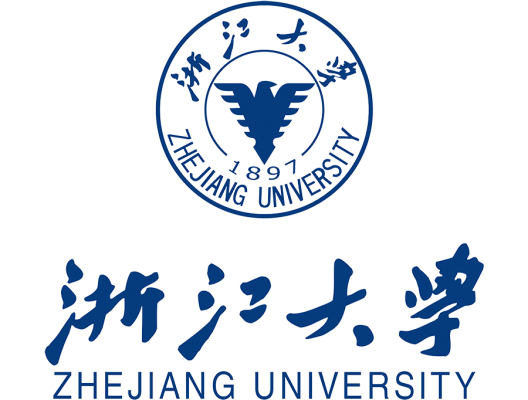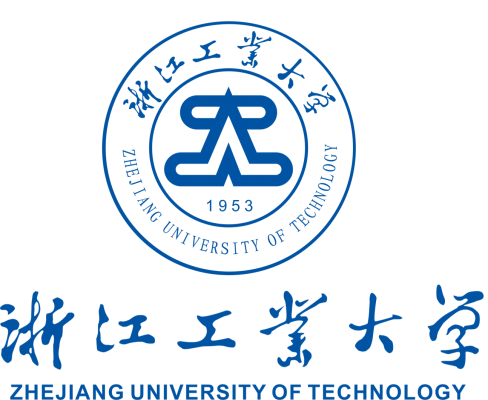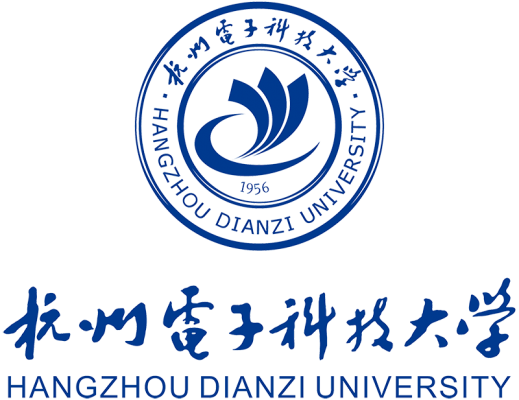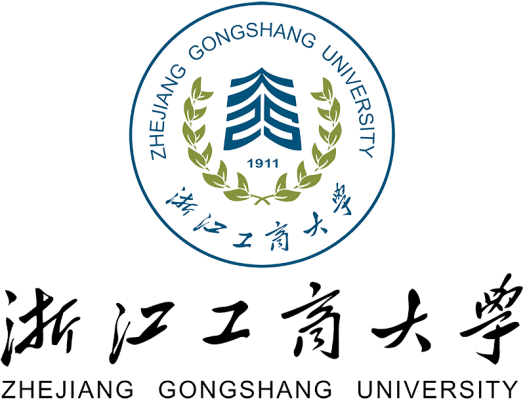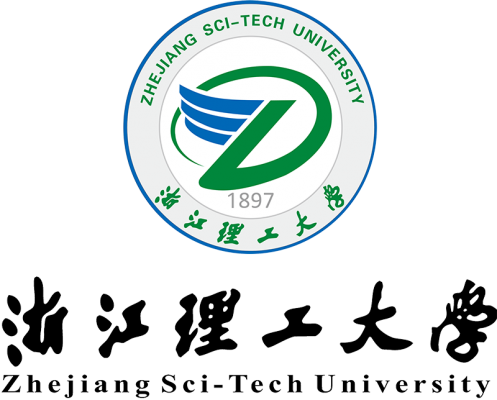IEEE ICCC 2024 Workshop on
Orthogonal Time Frequency Space (OTFS) Modulation and Delay-Doppler Waveforms for Communications and Sensing
Hangzhou, China|7-9 August 2024
You can download the CFP poster for detailed workshop information.
ORGANIZING COMMITTEE
SCOPE AND MOTIVATION
Over the past decades, wireless technologies with reliable data transmissions and precise sensing abilities in hostile environments are much less understood and significantly underdeveloped. The DD domain waveform, e.g., orthogonal time frequency space (OTFS), has been recognized globally for its great potential to achieve high-reliable communications and robust sensing performance under various channel conditions.
The DD domain waveform modulates the information directly in the DD domain rather than the classic TF domain for OFDM. The DD domain multiplexing changes the interaction between information symbols and wireless channels, resulting in high Doppler and Doppler-resilience against highly dynamic wireless channels in hostile environments and a direct reflection of key sensing parameters. Besides, the two-dimensional (2D) spreading of information symbols from the DD domain to the TF domain allows each DD domain symbol to experience the full TF channel over a frame, enabling full channel diversity. Unfortunately, existing DD domain communication schemes were mainly designed based on the overlay with the classic OFDM modulation, where the essence of DD domain signal processing and how it will guide the DD domain waveform designs for communications and sensing purposes are less understood.
As a new paradigm, using the DD domain for communications will introduce new critical challenges for transceiver architecture and algorithm designs. To fully unleash the potential of DD domain communications, challenging fundamental research problems and many practical design issues must be addressed, including channel estimation, detection techniques, multiple antennas, and multi-user system design. This workshop aims to bring together academic and industrial researchers in an effort to identify and discuss the major technical challenges, recent breakthroughs, and new applications related to communications, sensing, and ISAC using DD signals.
TOPICS OF INTEREST
- Channel measurement and modeling in the DD domain
- Fundamental information theoretical limits for DD signal processing
- DD domain-based localization and tracking
- DD signal processing for transceiver designs
- DD domain channel estimation
- Communication receiver design in the DD domain
- Sensing detector design in the DD domain
- Machine learning/AI enhanced DD communications and sensing
- MIMO and massive MIMO-assisted DD communications
- System-level simulation, prototyping, and field-tests for DD communications and sensing
- Semantics extraction in the DD domain
- Cross-domain frame design and filter design
- Integrated sensing and communications in the DD domain
- DD communications for URLLC
- Security and privacy issues
IMPORTANT DATES
SUBMISSION INSTRUCTIONS
All papers for workshop should be submitted via EDAS through the following link: https://edas.info/newPaper.php?c=32115.










